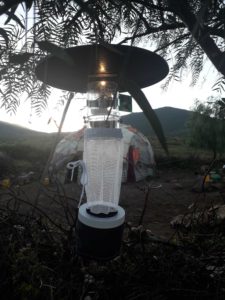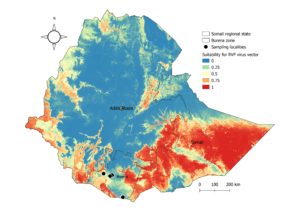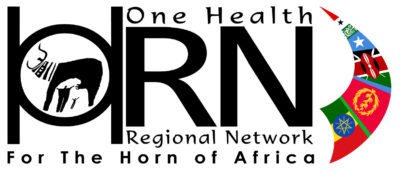 Vector borne diseases continue to constrain agricultural productivity, food security, and public health development in the Horn of Africa. Among these, vector borne diseases, Rift Valley Fever (RVF) and West Nile Virus (WNV) are recognised as significant threats to human and animal health.
Vector borne diseases continue to constrain agricultural productivity, food security, and public health development in the Horn of Africa. Among these, vector borne diseases, Rift Valley Fever (RVF) and West Nile Virus (WNV) are recognised as significant threats to human and animal health.
By impeding livestock productivity and international trade of live animals and animal products, such diseases can have a large impact on the economy. For instance, trade restriction due to the 2006/2007 RVF outbreak in East Africa has caused 36% GDP loss in the Somali Regional State of Ethiopia. Distribution and burden of vector-borne diseases are determined by a complex dynamic of biotic and abiotic factors, which, together, affect vector-borne disease transmission.
Following a one health approach, the project is aiming to identify biotic and abiotic factors associated with RVF and WNV occurrence; assess the species, abundance and environmental preference of the major vectors; and assess identification and molecular characterisation of RVF virus and WN virus from vectors. The study will be conducted in two major sites in southern (Borena zone) and south eastern pastoral and agro-pastoral areas (Somali region) of Ethiopia.
Integrated approaches including field, epidemiological survey, image analysis, modelling, entomological survey, mosquito vector identification and molecular diagnosis will be used to achieve the aim of the project.

This one health project aims to:
- Assess the species, abundance and environmental preference of disease vectors of veterinary and public health importance
- Develop species distribution models for major disease vectors of veterinary and public health importance and risk maps for RVF and WNV
- Identify biotic and abiotic factors associated with vector and vector-borne diseases occurrence, and how these factors may influence host–pathogen interactions
- Identification and molecular characterisation of RVF virus, WN virus and wolbachia from vectors
The project will help to understand vector borne diseases transmission and help control efforts; hereby enhance livestock productivity, and alleviating poverty, hunger and food insecurity of the pastoralist and agro-pastoralists.

